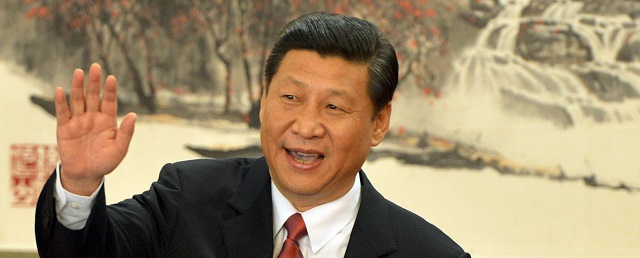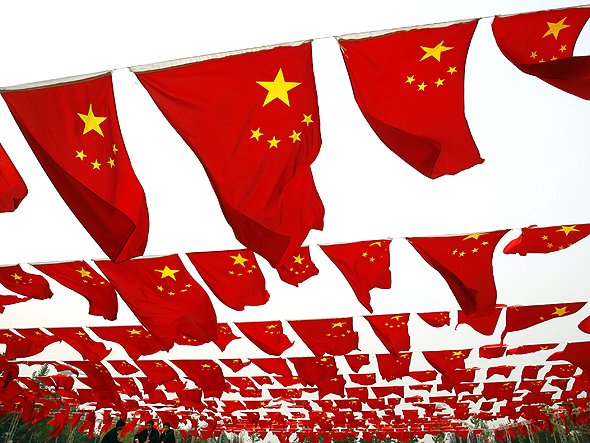BEIJING | In one of the countries with greatest inequalities in the world, opulence is set to be abolished. At least so wishes China’s leader in waiting, Xi Jinping. Now it’s time to give example. Therefore, even the 2.3 million soldiers of the world’s second biggest army, the People’s Liberation Army, received orders of not throwing leftovers away. Instead they must use them to cook other dishes such as “fried rice with egg, frying steamed rice buns or even turn vegetables into pickles or snacks”. Abundant state and official banquets will also be a thing of the past, as well as opulent and costly communist ceremonies. All this effort to send a clear cut propagandistic message aimed at triggering a dramatic change of the country’s values: let people embrace consumption while governmental institutions become more austere.
Bringing this new fairer society into being entails an overhaul of the current and corrupt system, which gives generous packages of benefits to circles of power and interests groups. The new leadership will have to deal with local governments and State Owned Enterprises ready to defend their current status quo and likely to be sceptical about any form of reform.
The outgoing Prime Minister, Wen Jiabao, gave his latest speech in front of the almost 3000 Communist Party delegates, during the first session of the annual National People’s Congress (NPC). He confessed Deng Xiaoping’s opening and reform process, started 30 years ago, had reached its toughest part. He used almost two hours of his speech to praise the achievements of the last 5 years. However, Wen surprised by a humble gesture devoting some time to acknowledge the weaknesses of the current system.
“Economic development is increasingly challenging in terms of resource preservation and environmental protection. The inequality gap is very wide. Social problems increased considerably affecting sectors such education, social security, health, housing and the environment. People still have a very tough life. The transformation of the government is not completed yet and there are many areas open to corruption”, Wen noted. He also revealed a GDP’s growth of 7.5% for 2013, and an inflation level of a 3.5%, while he also promised the creation of 9 million jobs.
While announcing these figures, the outgoing Prime Minister also mentioned the need to reform the financial sector while taking the improvement of the lives of the Chinese as the main priority. So that, if a sustainable growth were guaranteed there would be room for a transition toward a model driven by domestic consumption.
In this austere edition of the Congress, without welcome committees for the VIPs nor sumptuous decorations, Xi Jinping will be looking for support among his Party comrades. Beyond the need of reforms, avoiding a deepening factionalism within the Party is now top priority. Thus, as the leader of this historical transition, Xi needs to play two critical roles at the same time: being the Party’s idol and the People’s idol.







Be the first to comment on "China faces social challenges, at last"